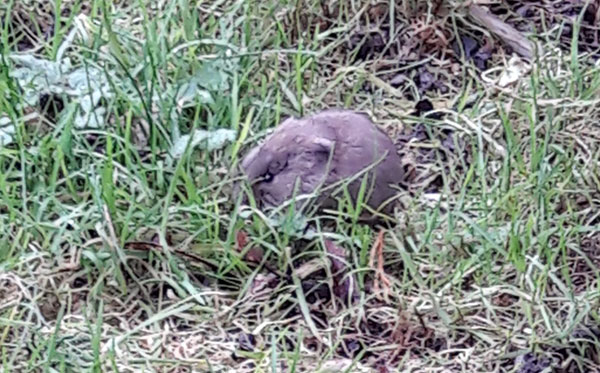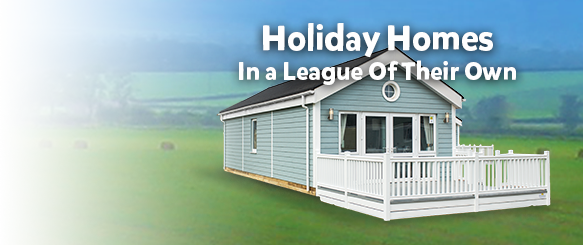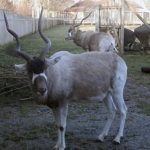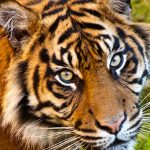Discover Our Native Wildlife This February Half Term

As well as the huge variety of exotic animals that call Flamingo Land home we also have an exciting range of native wildlife here too.
This February half term (18th – 26th) the Education Team will be hosting a range of free activities that visitors to the park can participate in. They can learn about the wildlife here on our doorstep and also about the animals which used to live in the UK and are now sadly extinct. There is a packed schedule of activities to suits all ages and abilities – some are nice and quick whilst others may take a little longer – all are great fun though!
A lot of British wildlife is quite timid and/or nocturnal which can make it difficult to see what may be living nearby. Many people are aware that we have badgers, foxes, deer, hedgehogs and owls in the UK but not everyone will have seen them or know much about them. Some of our activities will include quizzes and games to try to identify which animal it may be and how heavy you think it is. We will also have some owl pellets which you can take a look at, or even break into to see if you can find anything inside. This will give people more of an insight into these animals and help to understand them.
There are also a lot of birds that we see here at Flamingo Land. During winter, we have bird feeders in the park to help provide a supplementary feed. We use a combination of mixed seed and peanuts to attract a range of birds. The feeders are often empty by the end of the day as we have a lot of bird visitors using them! We also have nest boxes around the site to provide a safe and secure place for birds during the breeding season. The British Trust for Ornithology (BTO) run National Nest Box Week (14th-21st Feb) so we will also have some leaflets in case anyone is interested in building their own nest box at home and putting it up in their garden.
So, if you’re looking for something to do during half-term or are planning on visiting Flamingo Land anyway, come and test your knowledge and learn a bit more about the native wildlife we have on our doorstep!


